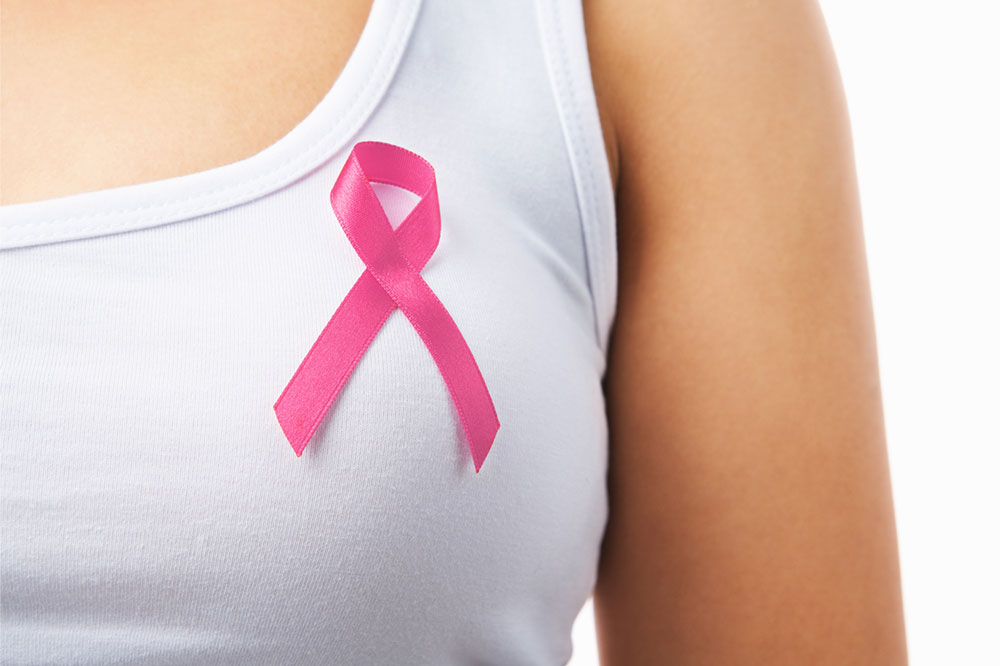
The Link Between Genetics and Breast Cancer
A small percentage of breast cancer is hereditary and is associated with inherited gene mutations. Genes are made up of DNA found in chromosomes and act as instructions for cell growth and function. Changes in the gene can occur, causing the cells to function abnormally by developing the risk of breast cancer. Here are few things to know about genetics and breast cancer.
1. BRCA genes
Understanding the genetic mutations that increase the risk of developing breast cancer can help you understand how genetics and breast cancer are linked. BRCA1 and BRCA2 genes are tumor suppressor genes. The risk of developing breast cancer increases when a change or mutation occurs in the BRCA genes that prevent them from working normally. BRCA mutations are inherited from a parent and are passed down from generation to generation.
2. Other genes
Breast cancer can also be a result of inherited mutations in other genes. These mutations are less common than BRCA1 and BRCA2 mutations. Some other gene variants that may increase the risk of breast cancer include PALB2, CHEK2, ATM, PTEN, and TP53. These genetic mutations are rare and more research is needed to understand these genes.
3. Risk factors of inherited BRCA genes
Genetics and breast cancer are linked as one of the risk factors of developing breast cancer is genetics. A woman’s risk of developing breast cancer is increased if a harmful BRCA1 or BRCA2 variant is inherited. There is an increased chance of getting cancer if you have 3 or more relatives with breast, ovarian, pancreatic, or aggressive prostate cancer or 2 or more relatives on one side of the family have breast cancer or have one or more of the following features:
- Breast cancer at age 45 or younger
- Ovarian cancer before the age of 50
- Both breast and ovarian cancer
- Triple-negative breast cancer
- Male breast cancer
- A known abnormal breast cancer gene in the family
- Jewish ancestry
4. Genetic testing
Genetic testing is done to detect genetic variations that raise the risk of developing breast cancer. Based on personal or family history of breast cancer and other cancers, the tests will be performed. Before undergoing genetic testing, it is recommended for people to receive appropriate genetic counseling. Also, genetic testing results are complex, and a genetic counselor can help you understand the results and steps to be taken.
5. Prevention
If you have an abnormal gene linked to breast cancer, you can take steps to reduce your risks of the following:
- Making lifestyle changes such as maintaining a healthy weight, exercising, limiting alcohol, quitting smoking, and eating healthy food.
- More frequent breast cancer screenings
- Taking hormonal therapy medicines to lower cancer risk
- Having a preventative surgery such as prophylactic mastectomy
Even though genetics and breast cancer are linked, certain lifestyle and environmental factors can also cause breast cancer in many women.


